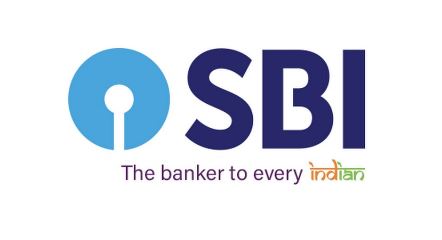
A Bachelor of Science in Nursing (BSN) Program is an undergraduate degree program that prepares registered nurses (RNs) to become advanced practitioners in the field of nursing. The program focuses on providing students with the knowledge, skills, and clinical experience to provide evidence-based nursing care in a variety of settings. The program typically takes four years to complete, although some schools offer accelerated options for those with prior experience in the field. The US has various universities offering this course to interested candidates. The University of Texas – Arlington has a national RN to BSN offering that builds on your registered nursing experience.
The BSN Program teaches students about the role of the nurse in providing care to patients, with an emphasis on the patient’s needs, health promotion, and disease prevention. Students study topics such as anatomy and physiology, pharmacology, nutrition, and mental health. They also learn about the ethical and legal considerations of medical practice and how to use technology to improve healthcare delivery.
A Bachelor of Science in Nursing (BSN) degree is a great way to launch a career as a registered nurse. After completing the BSN program, there is a wide range of career paths available to nurses, such as;
Nurse Educator
Nurses with a BSN can become nurse educators, teaching aspiring nurses in classrooms, clinical settings, and online. They serve as mentors and role models for the next generation of nurses and often have the opportunity to create innovative curricula, research new topics, and collaborate with other professionals.
Health Policy Nurse
Nurses with a BSN can also pursue careers as health policy nurses. These nurses work to develop and implement health policy initiatives and programs that improve access to health care, promote wellness, and reduce the cost of health care. They often work in government, advocacy, and research settings.
Clinical Research Nurse
Clinical research nurses work to advance medical science by conducting research studies and managing clinical trials. They are responsible for recruiting and monitoring patients, collecting data, and reporting results. BSN-prepared nurses are qualified for this role, as it requires a strong understanding of evidence-based practice and the ability to work independently.
Forensic Nurse
Forensic nurses, also known as medicolegal nurses, combine their nursing skills with investigative skills to assist in legal proceedings, such as criminal cases and civil litigation. Forensic nurses are often called upon to provide medical testimony, collect evidence, and work with victims of abuse or violence. BSN-prepared nurses can pursue certification in forensic nursing to enter this specialty field.
Nurse Health Coach
A Nurse Health Coach is a nursing professional who specializes in helping patients make the necessary lifestyle changes and develop healthy habits to improve their overall health and well-being. Health coaches work with patients to identify their goals, assess their current lifestyle, and develop an individualized plan of action to achieve those goals. This career path can be obtained after completing the BSN program.
No matter which career path a nurse pursues after completing the BSN program, they can be sure that their education has prepared them to provide high-quality care and make a positive impact on the lives of their patients.
";

